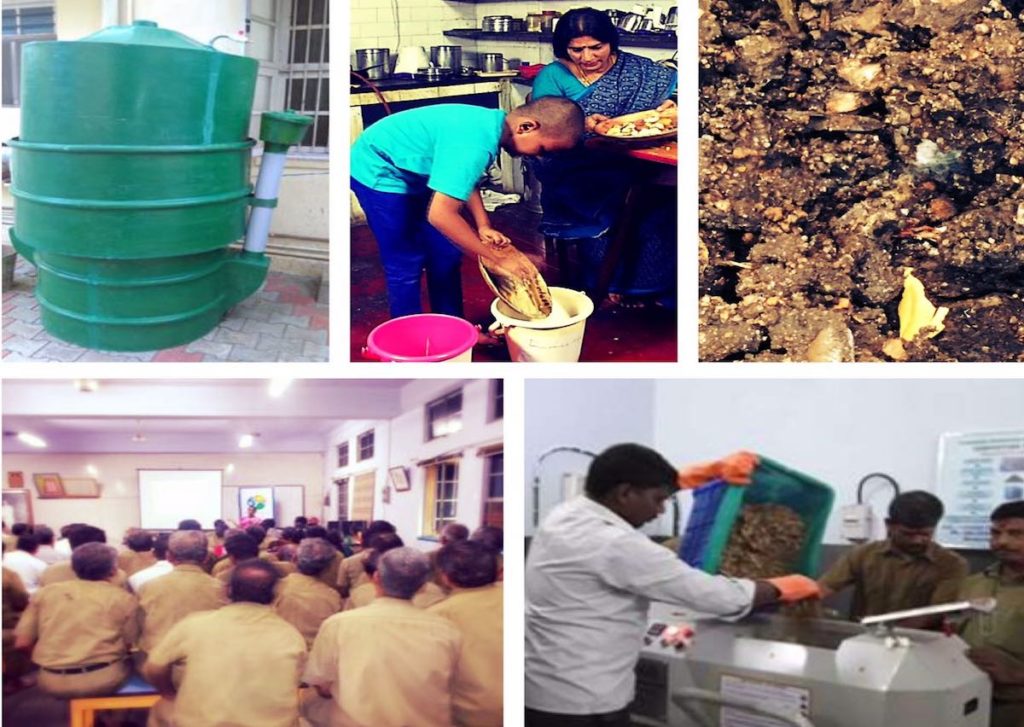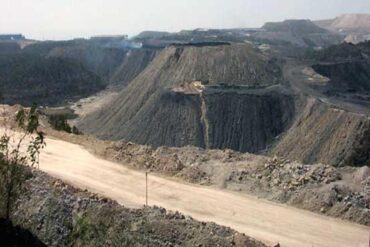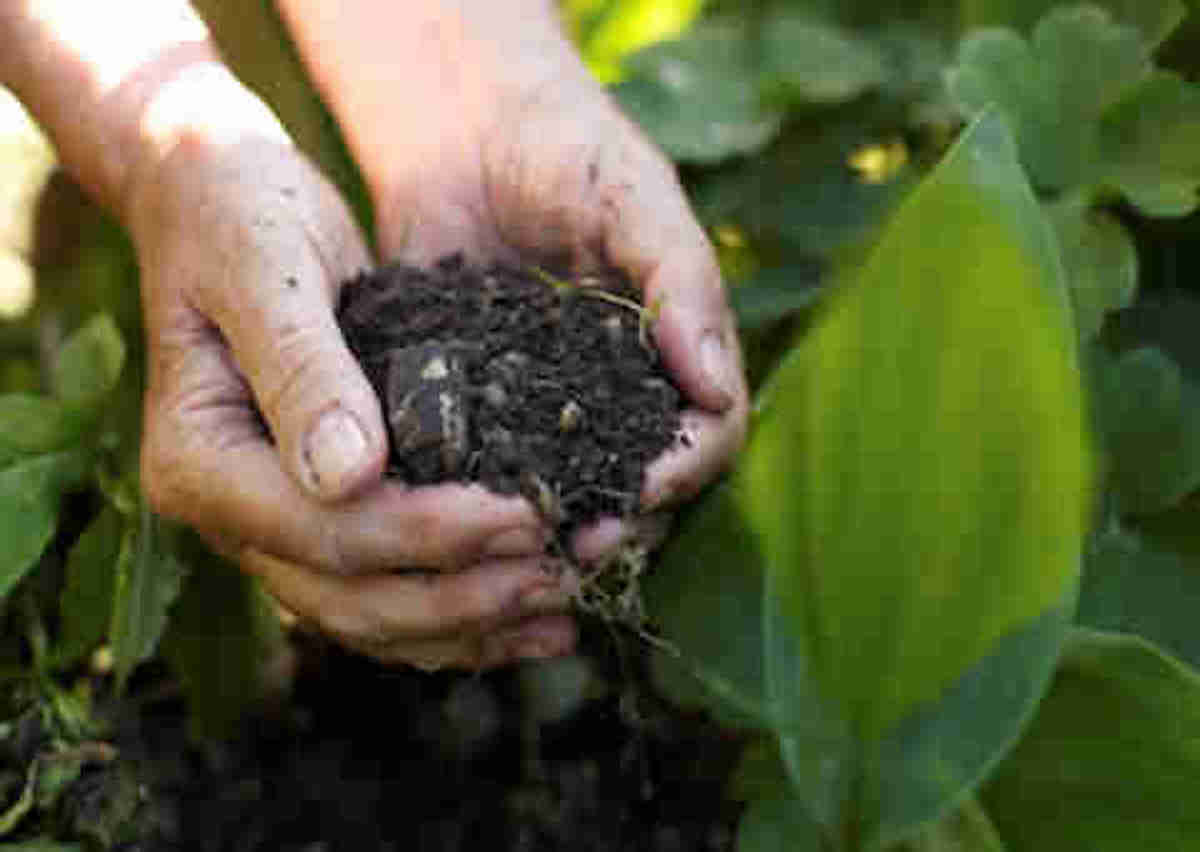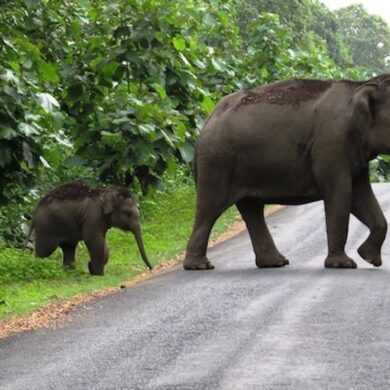What if you could be generating absolutely zero waste or you didn’t have to give much thought to what to do with the waste generated at home or you didn’t have to put out waste for the corporation anymore? Not possible, you say, but Joint Managing Director of Southern Roadways, Mridula Ramesh thinks that it is definitely doable. In fact, she and her family get biodegradable waste from the Municipal Corporation for the own bio gas fermenter.
“Climate change has been at its worst stage recently. Flooding has gone up, the intensity of storms has worsened,” says Madurai-based Mridula Ramesh who has successfully implemented zero-waste living in her family. Students, teachers and corporations talk about climate change and going green. But a few implement it. “People mindlessly throw things into water bodies. But they don’t realize that all water bodies lead to the sea and eventually the sea too, will be clogged with plastic and other waste,” she says.
“Two main things that needs to be taken into consideration while going green is waste management and conserving water,” Mridula says. One of the first things she did to get her family to manage waste properly as to weigh the waste they jointly generated each day and be accountable for it. “Something as simple as cutting down on unnecessary purchase can cut down the waste generated,” Mridula explains.
We tend to buy excess of groceries, food, vegetables and end up not using it. If the purchase is monitored, the waste generated can easily be managed. “I found myself to be guilty of purchasing excess,” she says. “So we started stacking everything in transparent jars at eye level even in the fridge, so that leftovers are utilized and nothing is thrown out unnecessarily.” Surely something that can be easily implemented in our homes too?
Being Aware
The next step for the family of four and their staff was to segregate waste into reusable plastics-throwaway containers, takeout boxes etc., biodegradable waste-vegetable peels, waste generated by food and FMCG packaging that cannot be reused or recycled at all times. “We made a compost pit of the biodegradable waste and started a biogas fermenter that helped generate biogas for our needs,” Mridula says. As a result, the family started saving on one cylinder each month. “Looking at this drastic affect, my assistant too wants to start her own biogas plant,” she exclaims.

All you need to start composting and generate your own biogas which isn’t smelly, is to get three buckets and start segregating the waste! “We realized that of the 17.6 kilos of waste we generated each day, close to 11 kilos came from garden waste. While the garden waste and food waste could be reused by composting it, the remaining waste can be reduced by doing something as simple as getting a shopping bag and reducing plastic carry bags,” says the young member of the iconic TVS family.
Easy to Follow
Do ability and financial sense are the two main motivators for people to go green. Selling recyclable plastic generates a certain income, saving on a gas cylinder a month makes financial sense for a middle class family. And so, this method can easily be implemented by them. “If you are living in an apartment complex, you can always talk to the association to start a large scale biogas plant,” Mridula adds. Consciously trying to generate zero-waste is very important to stall climate change if not halt it, she adds.
As for the FMCG packaging and plastics that cannot be recycled, she says you could find out people who are turning these into bricks or a top layer for making roads. “This again requires investment in the form of a gasifier, that will prevent harmful chemicals being released into the atmosphere that is generated by melting of this kind of plastic,” says Mridula, whose textile factory won the Total Plant Maintenance Award in 2003-2004, conferred by the Japanese Institute of Total Plant Maintenance.
Mridula has also set up The Sundaram Climate Institute that offers programmes on waste management and reduction to students and citizens through video screenings and other age-appropriate teaching modules.
To know more about Mridula’s work log on to www.climaction.net.







